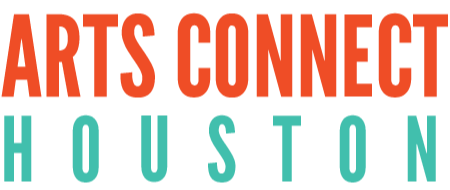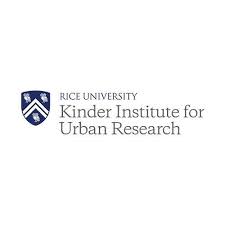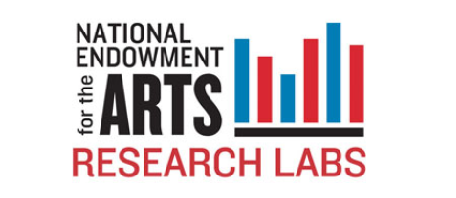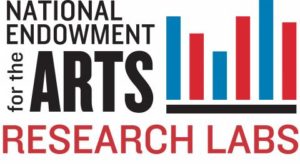Arts, Humanities, & Civic Engagement Lab
Rigorous, practitioner-engaged, policy-relevant research on the impact of the arts and humanities.
Research with Impact
In a policy environment increasingly driven by data, this research lab is dedicated to the rigorous investigation of the role of the arts and humanities in promoting human development, social and emotional well-being, and civic engagement. As our society faces continuous challenges with social cohesion, meaning, and purpose, research on the role of the arts in building better lives is critical.
Our Partners
Research & Funding Partners
Our Projects
Learn more about our research on the effects of arts & humanities experiences.
Research Collaborators
Policy-Focused
Technical Working Group
Research-Focused
Technical Working Group
Affiliated Researchers
Outreach & Engagement
Our Lab’s Mission
In partnership with the National Endowment for the Arts, this NEA Research Lab is dedicated to the rigorous investigation of the role of the arts and humanities in promoting student success, social and emotional well-being, and civic engagement. We partner with practitioners in the field, including school districts, cultural institutions, and arts organizations to assess real-world, policy-relevant research questions. Our research partners, advisors, and funders help us fill our commitment to providing a dedicated space for the investigation and dissemination of policy-based research.
About the Directors
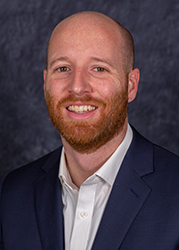
DR. DANIEL BOWEN
TEXAS A&M UNIVERSITY
Daniel Bowen is an Associate Professor with the Department of Educational Administration at Texas A&M University and a research affiliate with the Houston Education Research Consortium at Rice University. He conducts field and laboratory experiments and quasi-experimental investigations to explore arts, humanities, and civic educational learning opportunities’ causal effects on a diverse array of educational outcomes. Prior to entering academia, he served as a middle and high school social studies teacher, while also running a student improvisational comedy club, supervising student government, and coaching tennis. From these experiences, he became inspired to rigorously investigate the profound impacts that arts, humanities, and civic engagement learning experiences have on our students’ lives.
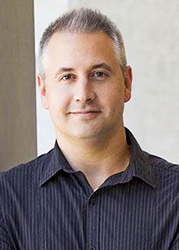
DR. BRIAN KISIDA
UNIVERSITY OF MISSOURI
Brian Kisida is an Associate Professor in the Truman School of Government and Public Affairs at the University of Missouri. His research examines the broad benefits of arts education using rigorous methodological approaches, with a focus on informing policies that ensure equitable access for all students. He has examined the role of the arts in promoting pro-social attitudes and behaviors, increasing student and family engagement, and strengthening social and emotional learning. His research agenda is motivated by the belief that educational experiences with the arts strengthen civic engagement and contribute to a healthy democratic society.

Dr. Daniel Bowen
Texas A&M University
Daniel Bowen is an Associate Professor with the Department of Educational Administration at Texas A&M University and a research affiliate with the Houston Education Research Consortium at Rice University. He conducts field and laboratory experiments and quasi-experimental investigations to explore arts, humanities, and civic educational learning opportunities’ causal effects on a diverse array of educational outcomes. Prior to entering academia, he served as a middle and high school social studies teacher, while also running a student improvisational comedy club, supervising student government, and coaching tennis. From these experiences, he became inspired to rigorously investigate the profound impacts that arts, humanities, and civic engagement learning experiences have on our students’ lives.

Dr. Brian Kisida
University of Missouri
Brian Kisida is an Assistant Professor in the Truman School of Government and Public Affairs at the University of Missouri. His research examines the broad benefits of arts education using rigorous methodological approaches, with a focus on informing policies that ensure equitable access for all students. He has examined the role of the arts in promoting pro-social attitudes and behaviors, increasing student and family engagement, and strengthening social and emotional learning. His research agenda is motivated by the belief that educational experiences with the arts strengthen civic engagement and contribute to a healthy democratic society.


